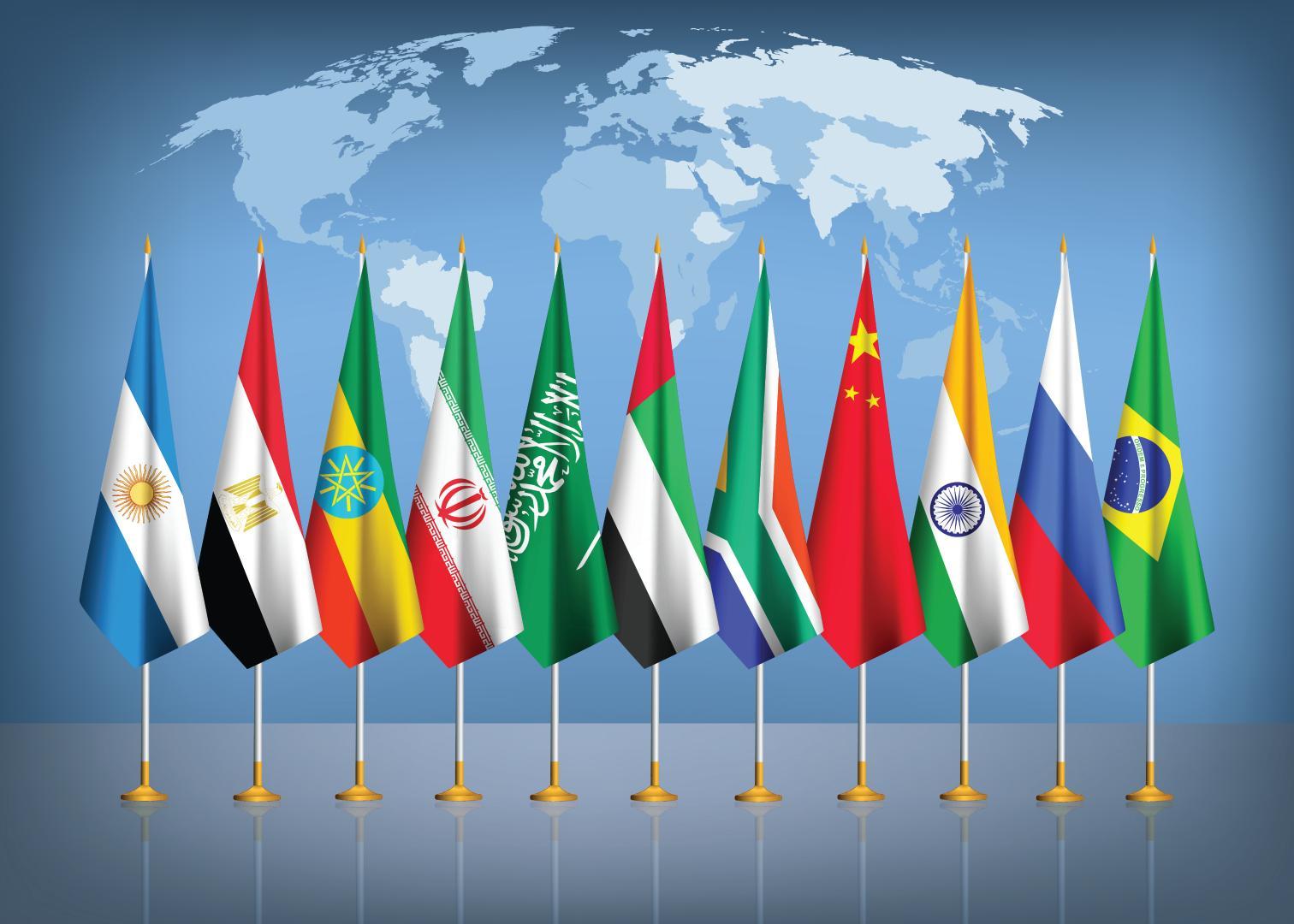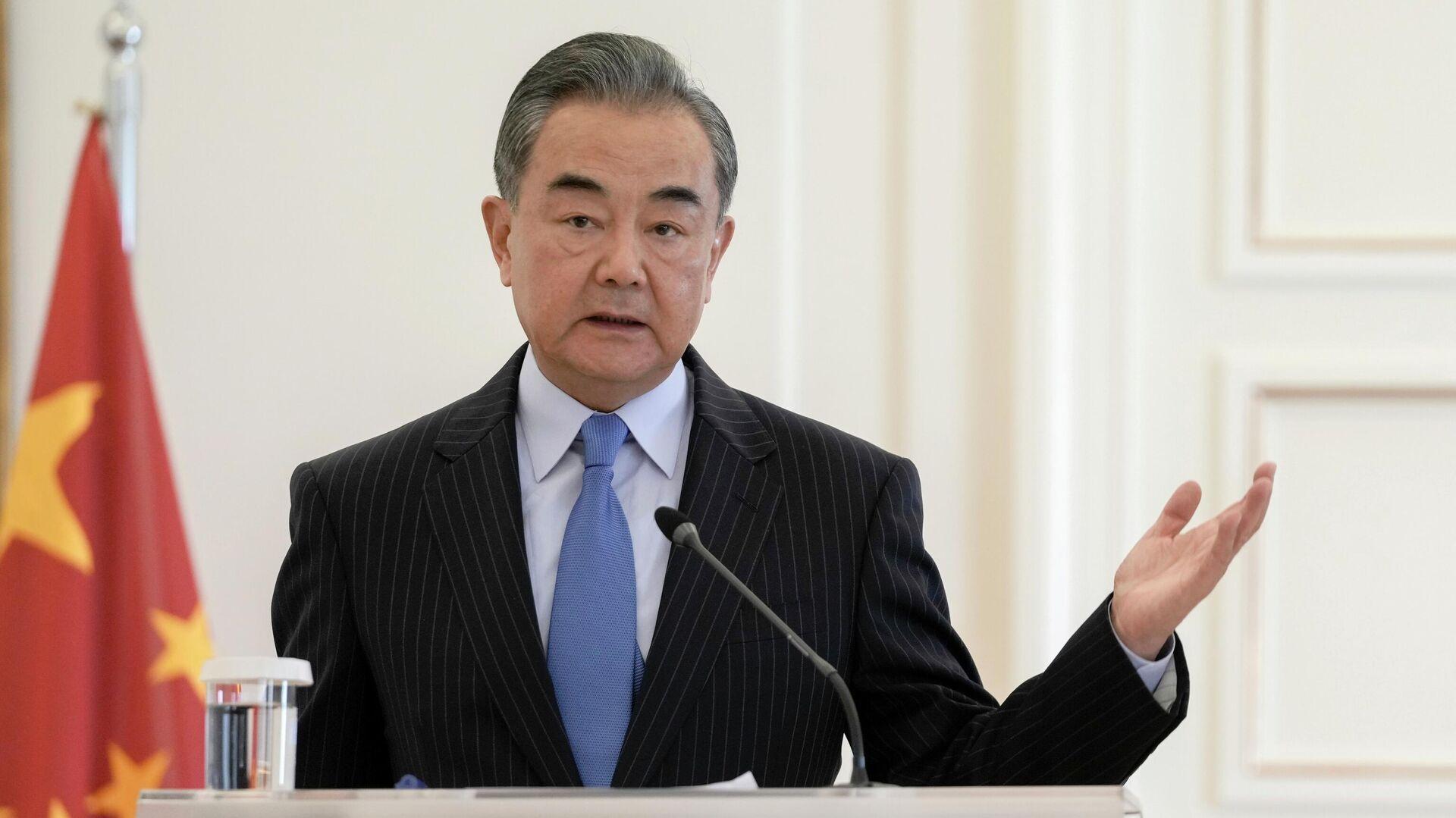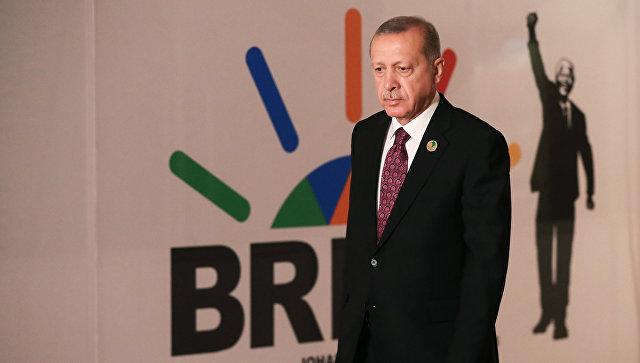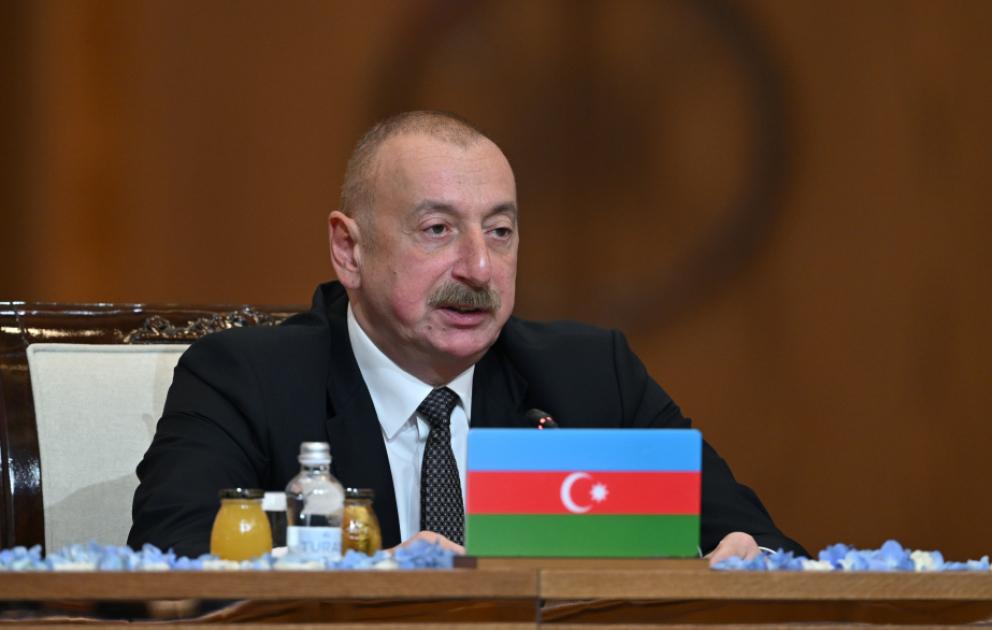What Azerbaijan’s BRICS application means for global politics? Debunking media misconceptions
Following the announcement from Azerbaijani Foreign Ministry spokesman Aykhan Hajizada that Baku has officially applied to join BRICS, various insinuations have surfaced in the media. Headlines like “After Putin's visit, Azerbaijan applied to join BRICS” (BBC) suggest a direct link between Russian President Vladimir Putin's visit and Azerbaijan's application. However, this connection may be overstated.
In reality, the decision to apply for BRICS membership was already in motion before Putin's visit. This is evident from the “Joint Declaration on Establishing Strategic Partnership” between Baku and Beijing, signed in early July. The declaration noted China’s acknowledgement of Azerbaijan’s desire to join BRICS and welcomed Baku’s participation in cooperation with the organization. Thus, the application process is influenced more by existing diplomatic agreements than by recent events.

It is common for certain Western circles to challenge the historical accuracy of Azerbaijan’s foreign policy moves. Instead of engaging with these unproductive criticisms, it’s useful to highlight that BRICS (Brazil, Russia, India, China, South Africa, along with Egypt, Ethiopia, Iran, and the UAE) spans nearly all continents. Additionally, the concept of "BRICS Plus" is gaining traction, emphasizing cooperative relationships between BRICS nations and other developing countries.
BRICS primarily opposes a unipolar world order, advocating for a more multipolar system. Despite this, some portray BRICS as a Chinese-dominated entity seeking to counter Western influence. Those who frame the situation in this manner, ignoring current geopolitical shifts, argue that China’s Belt and Road Initiative seeks to form a coalition of nations unhappy with US hegemony under Beijing’s leadership. This coalition, they claim, consists of developing countries from the Global South, united in opposition to US dominance and Western norms in global trade, politics, and security. However, this group of countries features "a range of political and economic models and varying degrees of relationship with the West".

Given this assessment, many analysts question the emphasis on China's dominance within BRICS, especially since the organization operates on a consensus-based decision-making process. Furthermore, regarding the true focus of BRICS activities, Chinese Foreign Minister Wang Yi highlighted earlier this summer that the member countries aim to leverage the group's "resource and market advantages" to promote "a fair and orderly multipolar world and comprehensive economic globalization."
It is also crucial to recognize that BRICS does not limit its members' involvement in other alliances based on their national interests. From this perspective, the viewpoint from Germany is particularly noteworthy. For instance, Deutsche Welle highlights that "with its expansion, BRICS is gaining more influence in global politics, enhancing its role as a representative of the Global South."
Political scientist Johannes Plagemann from the Hamburg-based think tank GIGA notes that while BRICS members seek a global order less dominated by the West, this does not equate to hostility towards Western nations. Additionally, political scientist Günter Meichold points out that joining BRICS "elevates a country’s status in international politics and provides an opportunity to avoid aligning strictly with either the China-Russia bloc or the West." This approach allows countries to maintain their independent positions in the escalating geostrategic competition.
Some experts also highlight the concept proposed by Chinese President Xi Jinping of "building a community with a shared future for mankind." This vision is intended to be "the greatest common denominator of humanity’s aspirations for peace, development, and prosperity." It advocates for an "equitably ordered multipolar world" that opposes hegemonism and power politics, promoting instead "true democracy" in international relations.

Turkish President Recep Tayyip Erdogan's 2018 statement about Türkiye's interest in joining BRICS was not a mere coincidence. In June of this year, the Turkish Foreign Ministry reiterated the possibility of Ankara becoming part of the organization. Similarly, in the summer of 2023, Kazakh President Kassym-Jomart Tokayev emphasized the need for "uniting the efforts of BRICS and the SCO" in key areas, considering their shared interests and priorities. Tokayev also proposed the "On World Unity for Just Peace and Concord" initiative, aimed at fostering a "more rational political and economic international order." This initiative includes enhancing collaboration on trade, transportation, and investment projects through the North-South and East-West corridors. He highlighted that leveraging the Middle Corridor improves prospects for the countries utilizing this route.
In July 2024, Maulen Ashimbayev, Chairman of the Senate of Kazakhstan, remarked that amidst "failures in the global security architecture," the shared goal is to diminish global confrontation. Consequently, Astana "actively supports partnership" with BRICS, which "provides balanced approaches to fostering a secure and stable world."
In this context, Azerbaijan's application to join BRICS aligns well with its multi-vector foreign policy and economic objectives. The country has demonstrated its ability to strengthen national independence and sovereignty by engaging with various international organizations and bilateral and multilateral partners. Azerbaijan's involvement in key agreements with the European Union, and active participation in the Non-Aligned Movement, the Organisation of Turkic States, and the Organisation of Islamic Cooperation underscores its strategic approach.

As President Ilham Aliyev noted, Azerbaijan's large-scale transport infrastructure projects have positioned it as a crucial international transport and logistics hub. The country significantly contributes to the development of East-West and North-South transport corridors, including the Trans-Caspian international transport route. Joining BRICS would further enhance opportunities for boosting mutual trade between the organization's member countries through Azerbaijan.
Therefore, no amount of insinuations or biased anti-Azerbaijani efforts from external forces will undermine Azerbaijan's stability or its successful progress on the international stage. The protection of Azerbaijani interests remains a top priority, ensuring the country's continued advancement and resilience.
by Teymur Atayev








